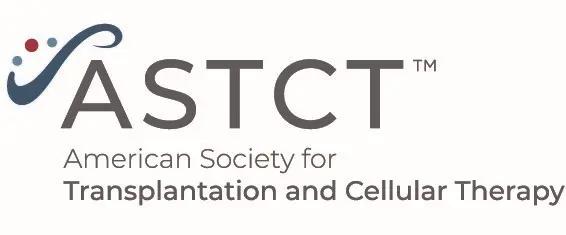High Concordance Seen Between MRD Measurement by MFC and FGT in Infants with KMT2A-r ALL
Pediatric patients with acute lymphoblastic leukemia and have KMT2A rearrangements were evaluated in a recent study published in the British Journal of Haematology.
Pediatric patients with acute lymphoblastic leukemia and have KMT2A rearrangements were evaluated in a recent study published in the British Journal of Haematology.

In infants with acute lymphoblastic leukemia (ALL) associated with KMT2A gene rearrangements, measurement of MRD by multicolor flow cytometry (MFC) and by PCR for fusion gene transcripts (FGT) had high qualitative comparability, with an overall concordance rate of 87.4%, without regard to either the type of molecular rearrangement or the type of therapy patients received, a Russian research group reported in a paper published in the British Journal of Haematology in May.
“Although the prognostic impact of FGT monitoring is stronger compared to MFC, it is possible to apply the two techniques for precise risk definition and use them simultaneously in the case of novel treatment approach applications,” write principal investigator Alexander Popov, MD, of the National Research and Clinical Center for Pediatric Hematology, Oncology and Immunology, Moscow, and colleagues.
Of 942 bone marrow samples obtained from 123 infants between 2005 and 2020, 383 (40.7%) were concordantly MRD negative. In 441 cases (46.8%), MRD was detected by both methods, while 99 (10.5%) were positive only on FGT-MRD and 19 only on MFC-MRD. The prognostic value of the two methods differed, with MFC-MRD able to identify a rapid response at early time points, while FGT-MRD reliably predicted relapse at later treatment stages. Combining the two methods achieved the most precise risk definition, the authors wrote, concluding that “tandem use of these two rather simple and inexpensive approaches may be good options of high clinical value.”
Reference
Popov A, Tsaur G, Verzhbitskaya T, et al. Comparison of minimal residual disease measurement by multicolour flow cytometry and PCR for fusion gene transcripts in infants with acute lymphoblastic leukaemia with KMT2A gene rearrangements. Br J Haematol. 2023;201(3):510-519. doi:10.1111/bjh.18021